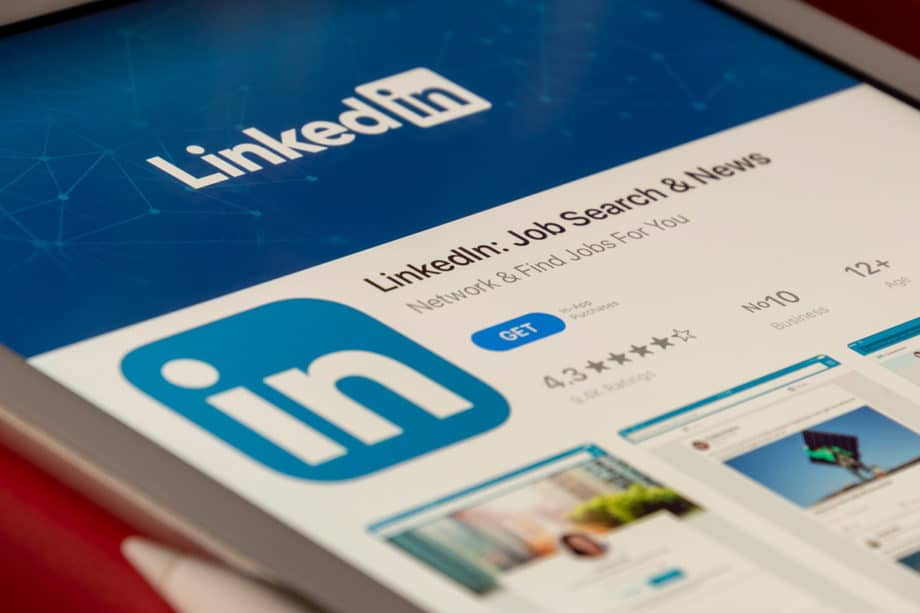Exaggerated AI Skills Among Younger Workers: A Growing Trend
Recent studies reveal that one in five younger employees confess to embellishing their artificial intelligence proficiencies during job interviews, as the pressure to master this transformative technology escalates.
Research indicates that an increasing number of workers are feeling daunted by the rapid pace at which they are expected to implement AI for various tasks. Nearly half of those surveyed reported that acquiring this knowledge feels akin to assuming “a second job.”
Today, LinkedIn unveiled the results of a global study, highlighting that many employees are pursuing self-education on AI through complimentary resources.

On the previous Friday, the Australian Bureau of Statistics identified AI technology as the most rapidly evolving sector in research and development. The regulation of this technology was a pivotal point of discussion during last week’s government economic reform roundtable.
Conducted by Censuswide, the LinkedIn research encompassed more than 19,000 employees across 14 nations, including Australia, the UK, and the US.
Almost half of the participants (46%) expressed that learning about AI felt so burdensome it resembled taking on a second job. Moreover, one in three (37%) reported feeling overwhelmed by employer expectations regarding AI proficiency.
Notably, 28% of respondents admitted feelings of embarrassment due to their knowledge gaps in AI, while a considerable proportion of Generation Z and millennial individuals (22%) acknowledged overstating their AI capabilities in interviews.
Matt Tindale, managing director of LinkedIn ANZ, emphasized that while AI is not the first technology to reshape the job market, its swift and substantial influence on businesses and employees is undeniable.
“Our research underscores a prevalent sense of being overwhelmed,” Tindale remarked to AAP.
“There is an expectation from hiring managers regarding AI literacy, which collectively contributes to many professionals and job seekers feeling daunted by the vast array of knowledge they must acquire and the technologies they must master.”
The study further revealed that nearly two-thirds of participants (63%) believe that employees who resist AI learning will inevitably lag behind. Over half are proactively training themselves in the technology using accessible resources.
Tindale noted that although many express a willingness to adapt to the evolving work landscape, some individuals may require additional support and reassurance, as mastering AI does not necessitate advanced computing skills.
“Many harbor misconceptions about what AI entails,” he stated.
“Often, people perceive it as a complex and cumbersome technology to understand; however, it primarily revolves around utilizing tools to enhance productivity and success, whether it be Copilot or ChatGPT.”
A recent study by the Tech Council indicated that a significant number of Australian office workers are already employing AI, with most anticipating that the technology will radically transform their roles by 2030, albeit without the risk of replacement.
Source link: 1news.co.nz.





